In an important step to improve the quality of treatment and healthcare for cancer patients in Vietnam, especially patients with genetic factors, AstraZeneca Vietnam Co., Ltd. has accompanied leading medical training facilities to carry out a series of scientific activities such as the "Cancer Genetics" Conference of Bach Mai Hospital on June 14, 2025; Scientific workshop with Ho Chi Minh Oncology Hospital and Cho Ray Hospital on June 20, 2025; implementing intensive extracurricular training activities on genetic counseling within the framework of the memorandum of cooperation with Ho Chi Minh City University of Medicine and Pharmacy on June 21, 2025.
The series of programs includes the participation of leading international experts in the region such as Prof. Dr. Lee Soo Chin - National University Cancer Institute, Singapore; expert Yoon Sook-Yee, Vice President of the Malaysian Genetic Counseling Association - Head of the Genetic Counseling Department of the Malaysian Cancer Research Center; 25 leading experts from multiple specialties with updated thematic reports and more than 800 doctors, medical staff nationwide working in the field of cancer treatment attending directly or online.
Bach Mai Hospital's "Cancer Genetics" Conference on June 14, 2025.
Cancer is one of the leading causes of death globally. In addition to environmental risk factors, certain genetic mutations may be passed down through generations in families, increasing the likelihood of developing cancer. Individuals identified as carriers of hereditary cancer genes should be managed and screened in a separate program and counseled on risk-reducing interventions.
Additionally, some hereditary cancers can be effectively treated with appropriate targeted therapies. Cancers that have been identified as being associated with inherited gene mutations, the most common of which are BRCA1/2, are diseases with increasing incidence and mortality rates each year.
According to data from the Global Cancer Registry (GLOBOCAN 2022), each year in Vietnam: breast cancer has 24,563 new cases and 10,008 deaths; ovarian cancer has 1,534 new cases and 1,003 deaths; prostate cancer has 5,875 new cases and 2,800 deaths; pancreatic cancer has 1,251 new cases and 1,226 deaths.
The rate of carrying inherited genetic mutations (also known as germline mutations) BRCA1/2 in cancer diseases is specifically recorded in the medical literature: ovarian carcinoma (about 15%), triple-negative breast cancer (10–17%), hormone receptor-positive breast cancer (6%), prostate cancer (5–10%) and pancreatic carcinoma (5–7%).
This situation requires that the diagnosis and improvement of the quality of treatment of hereditary cancer be promoted and given more priority in the coming time.
For patients and individuals with risk factors, integrating genetic counseling into treatment practice brings outstanding value, helping to identify early genetic factors related to cancer, thereby individualizing treatment regimens, optimizing diagnostic results and increasing the chance of successful treatment. Thanks to that, patients have access to proactive solutions to limit complications, prolong life and improve quality of life.
From a social and health system perspective, genetic counseling not only helps clarify the causes of cancer but is also an important key in screening and early detection of the disease in high-risk individuals. Thanks to early detection and timely intervention, patients are effectively treated from an early stage, especially in breast cancer, helping to significantly reduce the risk of death, while contributing to reducing pressure on the health system, saving treatment costs for individuals and society as a whole. This is an important step forward in contributing to building a proactive, effective and sustainable health ecosystem in the face of cancer challenges.
In addition, promoting the standardization of genetic counseling through the above activities is not only an academic role but also a commitment to accompany patients, families and the whole society in the fight against genetic cancer. According to the assessment of health experts, the training of health human resources is facing many challenges, especially in the context of population growth and aging, as well as disease patterns that have changed with the increasing trend of non-communicable diseases. This requires a focus on improving the quality and quantity of health workers to meet future health care needs.
Speaking at the intensive extracurricular training program on genetic counseling, Associate Professor, Dr. Ngo Quoc Dat - President of Ho Chi Minh City University of Medicine and Pharmacy praised and congratulated the successes in implementing short-term training courses with the participation of domestic and international lecturers, many medical experts from prestigious treatment facilities across the country and wished that the next cooperation will achieve more outstanding progress.
Mr. Atul Tandon, General Director of AstraZeneca Vietnam, commented: “AstraZeneca is committed to innovating medical practices based on a solid scientific foundation. For more than 30 years accompanying Vietnamese healthcare, we have brought modern cancer treatment solutions, contributing to improving treatment effectiveness and quality of life for patients. This journey has been and is continuing to be strengthened by promoting research, genetic counseling, helping to personalize treatment and early detection of cancer, reducing the burden on patients and the Vietnamese healthcare system. We look forward to strengthening cooperation with organizations and medical partners so that together, we can raise awareness and join hands towards a future where cancer is no longer the cause of death, for a healthier and more prosperous Vietnam."
Tran Pham
Source: https://doanhnghiepvn.vn/tin-tuc/y-te/nang-cao-chat-luong-dieu-tri-ung-thu-di-truyen/20250625054746576


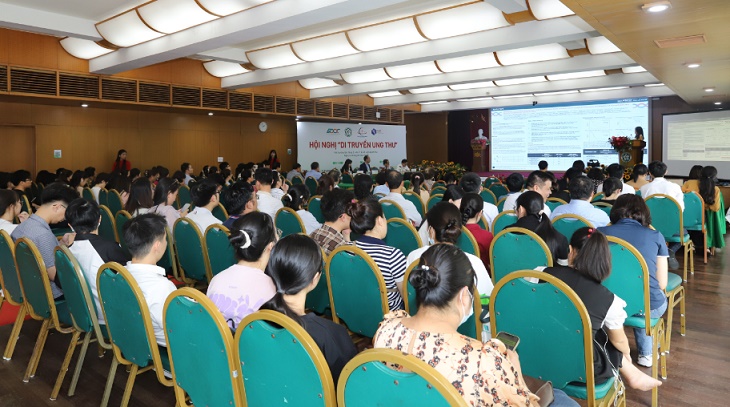
![[Photo] General Secretary To Lam attends the 8th Congress of the Central Public Security Party Committee](https://vphoto.vietnam.vn/thumb/1200x675/vietnam/resource/IMAGE/2025/10/4/79fadf490f674dc483794f2d955f6045)



![[Photo] Bustling Mid-Autumn Festival at the Museum of Ethnology](https://vphoto.vietnam.vn/thumb/1200x675/vietnam/resource/IMAGE/2025/10/4/da8d5927734d4ca58e3eced14bc435a3)
![[Photo] Solemn opening of the 8th Congress of the Central Public Security Party Committee, term 2025-2030](https://vphoto.vietnam.vn/thumb/1200x675/vietnam/resource/IMAGE/2025/10/4/f3b00fb779f44979809441a4dac5c7df)
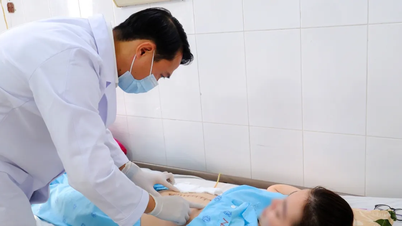



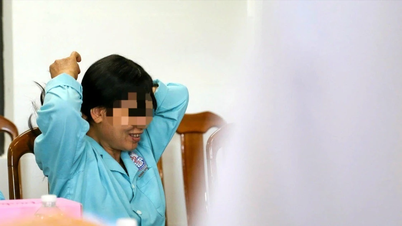


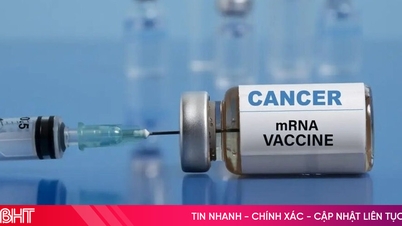



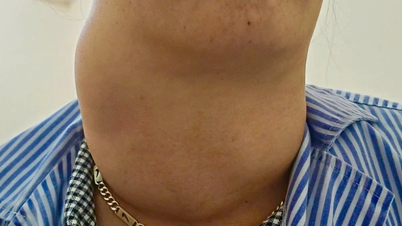

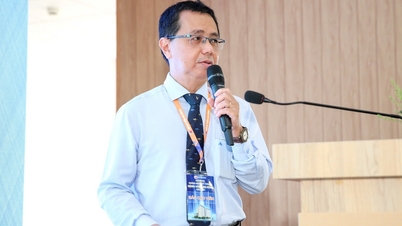








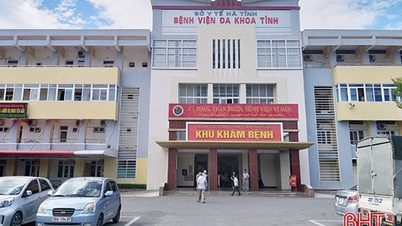
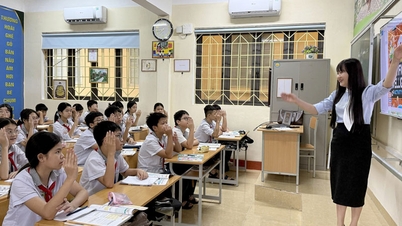


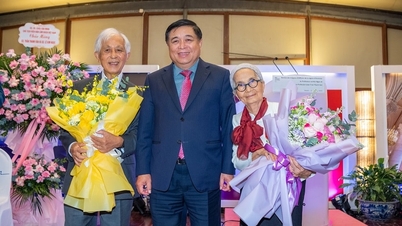
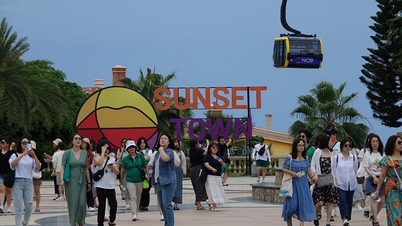


























![[VIDEO] Summary of Petrovietnam's 50th Anniversary Ceremony](https://vphoto.vietnam.vn/thumb/402x226/vietnam/resource/IMAGE/2025/10/4/abe133bdb8114793a16d4fe3e5bd0f12)

![[VIDEO] GENERAL SECRETARY TO LAM AWARDS PETROVIETNAM 8 GOLDEN WORDS: "PIONEER - EXCELLENT - SUSTAINABLE - GLOBAL"](https://vphoto.vietnam.vn/thumb/402x226/vietnam/resource/IMAGE/2025/7/23/c2fdb48863e846cfa9fb8e6ea9cf44e7)



















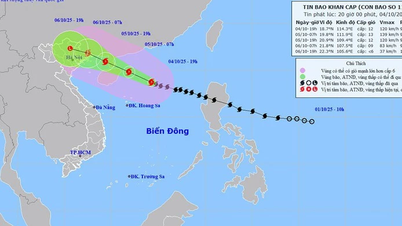

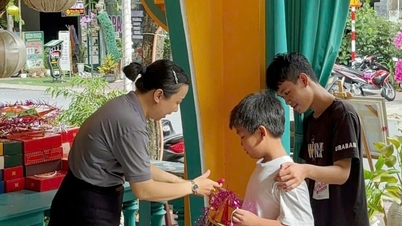

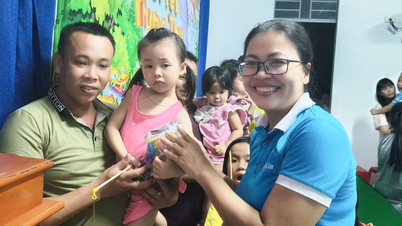










Comment (0)